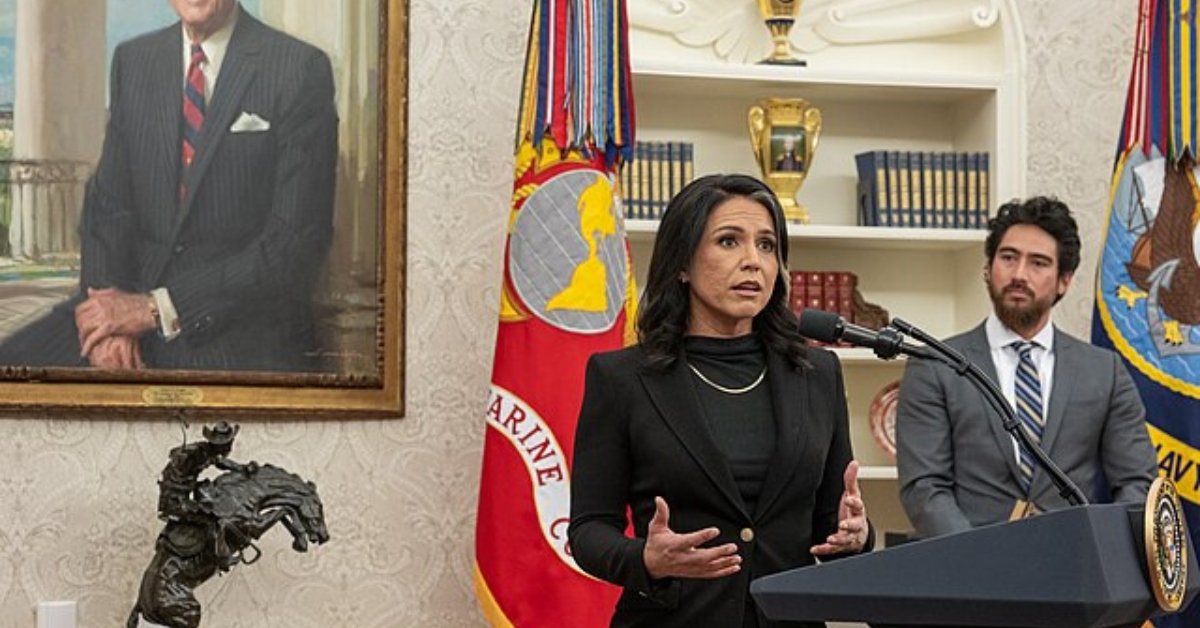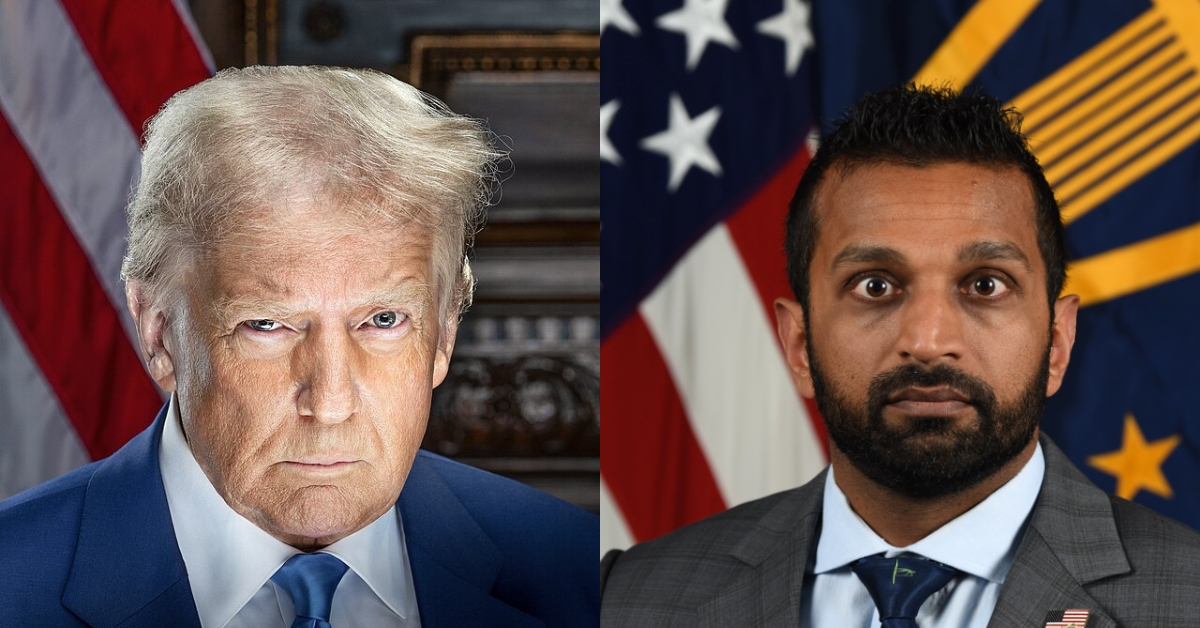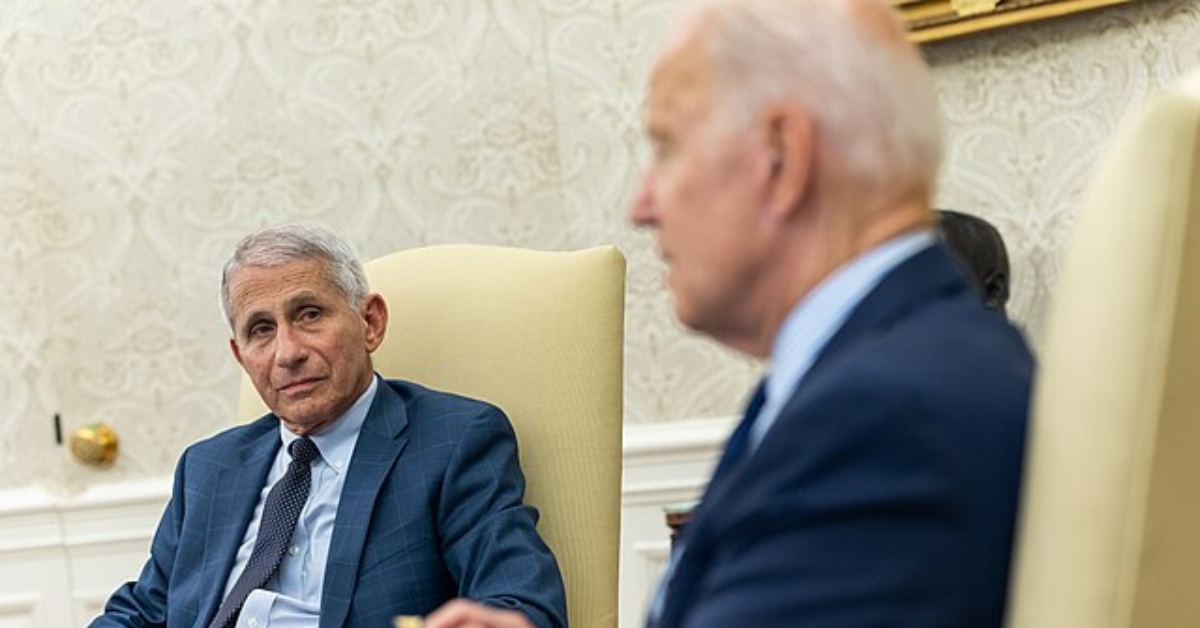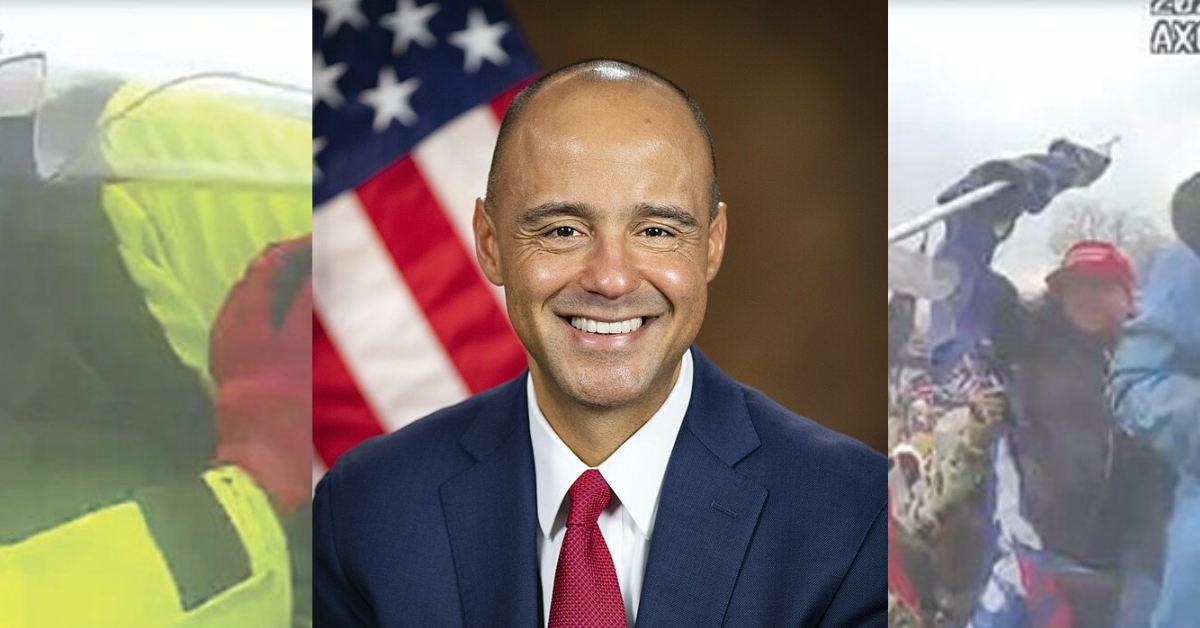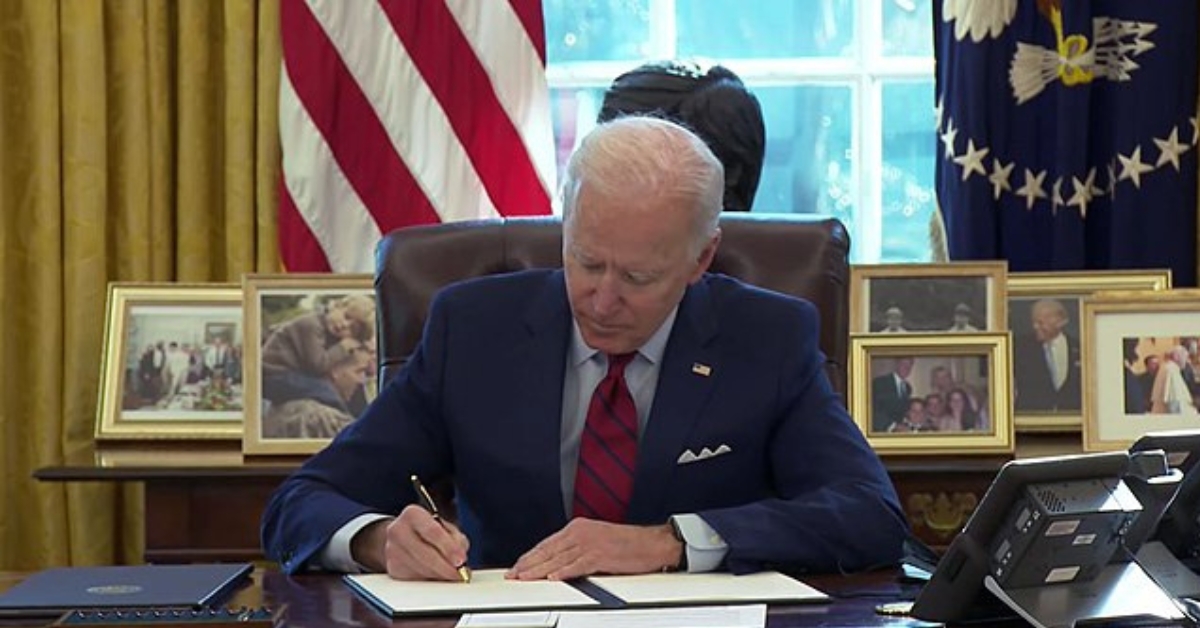
White House Defends High-Ranking Official Who Bullies and Sexually Harasses Staffers
In the corridors of power where the standards of conduct and integrity should be at their pinnacle, the Biden White House presents a stark contradiction. At the heart of this paradox is Anthony Bernal, a top aide to the First Lady, whose alleged misconduct unveils a disturbing narrative far removed from the administration’s avowed commitment to decency and respect. Despite repeated instances of bullying and sexual harassment stretching over more than a decade, Bernal remains “untouchable” due to his close relationship with Jill Biden, often referred to as her “work husband.”
The allegations against Bernal, ranging from making crude remarks about colleagues’ genitalia to speculating on their sexuality, underscore a culture of impunity that seems to pervade the highest echelons of the Biden administration. Such conduct, starkly at odds with the public persona of an administration championing the Me Too movement, raises profound questions about the sincerity of its commitment to workplace respect and the safety of its staff.
The apparent reluctance of the White House to address these allegations head-on, instead choosing to issue statements of support for Bernal, signals a troubling dissonance between proclaimed values and actual practices. It suggests a hierarchy of loyalties where the welfare of staff and adherence to principles of decency are secondary to personal allegiances.
This situation is emblematic of a broader problem within political circles, where power dynamics often shield the perpetrators of misconduct from accountability. The detailed accounts of Bernal’s behavior, corroborated by almost a dozen current and former colleagues, depict not just an individual’s failings but an organizational culture that enables such behavior. It’s a culture where bullying and harassment are not only tolerated but seemingly protected, provided the perpetrator wields sufficient influence.
The defense of Bernal by some colleagues, attributing his behavior to high standards or the demanding nature of the job, fails to recognize the fundamental issue at stake: the basic right of every employee to a workplace free from harassment and intimidation. The rationalization of misconduct as a byproduct of ambition or dedication is a disservice to the countless individuals who perform their duties with both excellence and integrity, without resorting to abuse or harassment.
Moreover, the First Lady’s continued close association with Bernal, despite these allegations, presents a moral quandary. It challenges the narrative of an empathetic and principled leadership, revealing a gap between the administration’s public advocacy for kindness and fairness and its internal realities. It is incumbent upon the Bidens, if they are to restore faith in their leadership and uphold the values they profess to champion, to address these allegations with the seriousness they warrant.
The revelations about Anthony Bernal not only tarnish the image of the Biden White House but also serve as a stark reminder of the enduring challenges of ensuring a respectful and safe workplace, especially in the high-pressure environment of politics. It is a reminder that the fight against workplace harassment transcends political affiliations, demanding vigilance and accountability.
